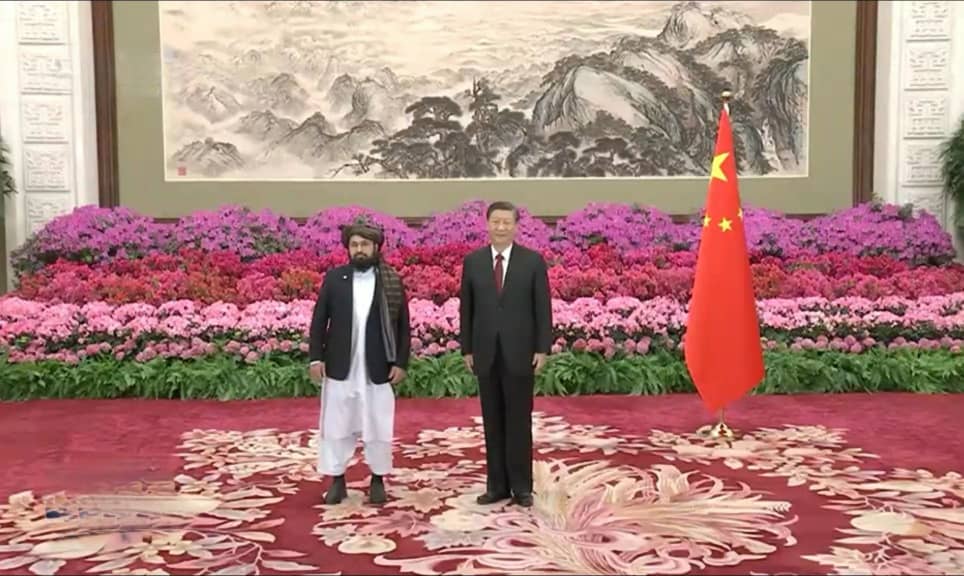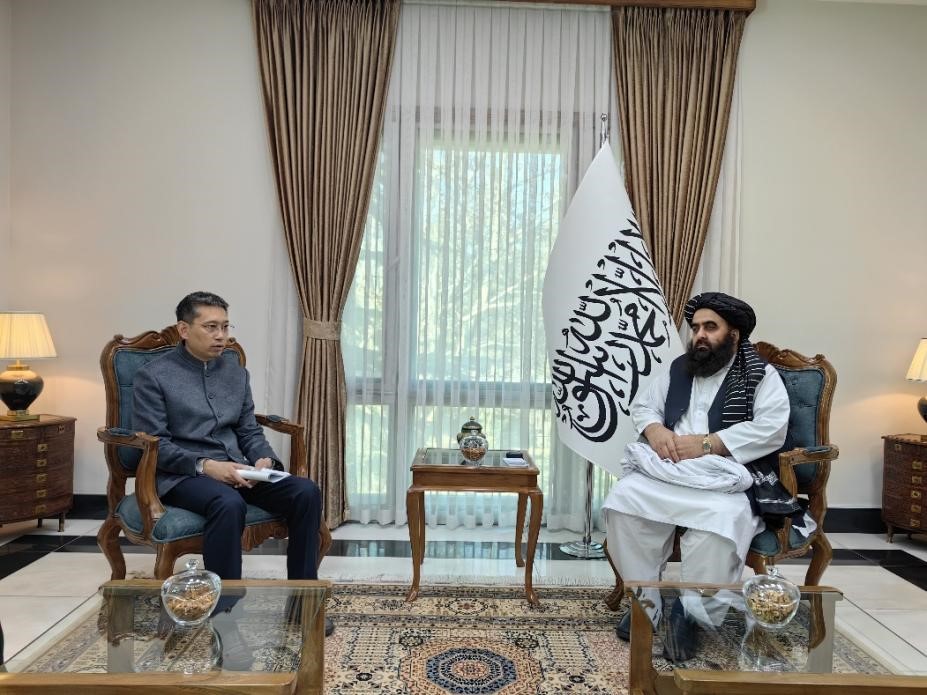What Pakistanis are not admitting is that China had gone over their heads to shake hands with the Taliban regime because of Pakistan’s apparent failure to find a working relationship with Kabul
China’s decision to accept a full-time Ambassador of Afghanistan recently has come as a big slap to Beijing’s `all-weather ally` Pakistan. China’s move comes at a time when Pakistan has failed to persuade Taliban regime to help in containing the terrorist group, Tehreek-e-Taliban Pakistan (TTP), which has caused immense harm to Pakistani people ever since November 2022 when the group unilaterally called off the secret pact with the army.
More humiliating has been the fact that the Chinese move comes within days of General Asim Munir issuing a direct threat to the Taliban regime. He said the life of one Pakistan was more dear to him than the entire Afghanistan.
The Chinese decision left many red faces in Islamabad and Rawalpindi. What obviously riled Islamabad was that China took such a major decision without taking them into confidence. President Xi Jinping accepted a full-time Ambassador of Afghanistan last month. This action left Pakistan miffed. This became apparent by President Xi Jinping’s hurried move to dispatch his close aide, Special Envoy on Afghanistan Ambassador Yue Xiaonyoung, to Islamabad to smoothen the ruffled feathers.
What Pakistanis are not admitting is that China had gone over their heads to shake hands with the Taliban regime because of Pakistan’s apparent failure to find a working relationship with Kabul. Beijing’s unilateral move comes after regional countries, including China, had decided that the decision to recognise the Taliban regime would be taken with consensus and collectively. But by formally accepting an Ambassador, China has de facto accorded recognition to the regime in Kabul.

The relationship between the Afghan Taliban regime and Pakistan, once close allies, has hit a series of stumbling blocks in the past two years, especially over the patronage offered by the Taliban to Tehreek-e-Taliban Pakistan, a terrorist group which has been targeting Pakistan, on and off, since 2007. Over one hundred soldiers and officers have died in regular terrorist attacks by TTP since November 2022. The Taliban has so far has not initiated any steps to contain TTP despite several diplomatic and military reconciliatory moves.
China’s unprecedented move is warranted by some key underlying reasons. The foremost is its clear move to exert greater influence in the region especially in the light of the renewed move to consolidate its perch in the continent with the help of Pakistan and Afghanistan. The US has expressed its willingness to reopen its consulate in Kabul. China is also concerned about the presence and movement of the East Turkestan Islamic Movement (ETIM) in Afghanistan. The latest UN Monitoring Team

report had pointed out that the Afghan Taliban relocated ETIM from Badakhashan to Baghlan province. The report also noted that the ETIM was active in various parts of Afghanistan and busy recruiting young people. China had depended on Pakistan to influence the Taliban to rein in the terrorist group which had been targeting Chinese territory and interests. With Pakistan’s failure to contain, if not neutralise, terrorist groups operating out of Afghanistan, China decided to move ahead without its `all-weather ally`.
This move is not the only one which has caused Pakistan to pause on its relationship with China. In the military skirmish with Iran, China decided to keep away from supporting Pakistan and chose to `mediate` left many in Rawalpindi and Islamabad wondering about how China will act in crises where its strategic interests clash with that of Pakistan. The Taliban recognition has only added to this discomfiture.














